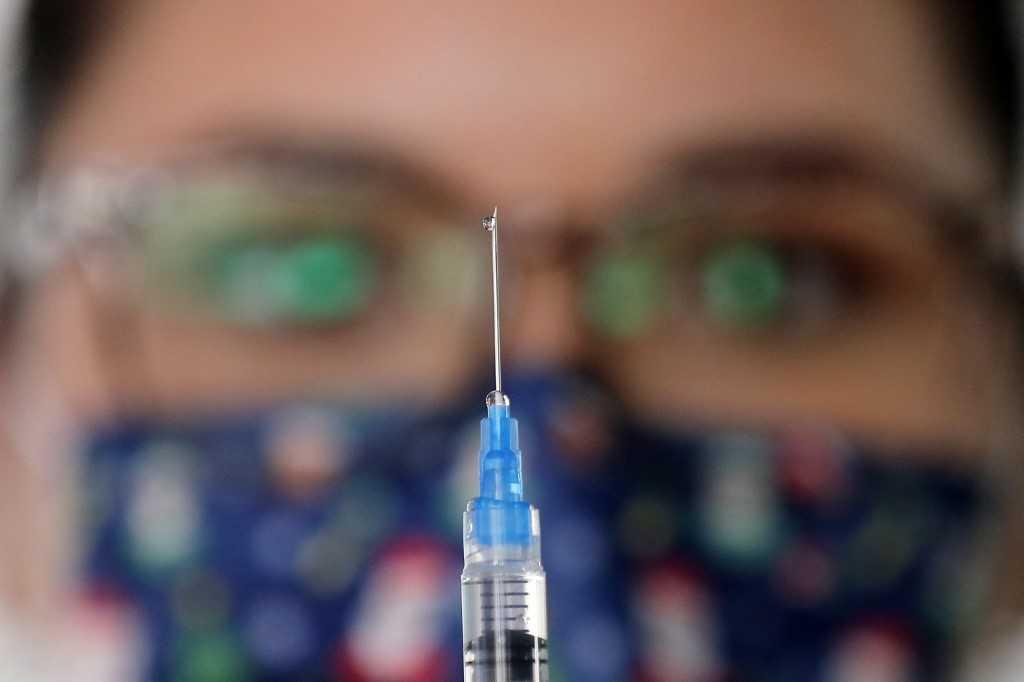Pfizer donates Paxlovid to group targeting Covid in poorer countries
While Paxlovid is widely available in many rich countries, availability has been severely restricted in poorer ones, echoing the disparities in the global Covid-19 response.
Just In
Pfizer has donated 100,000 courses of its Covid-19 antiviral treatment Paxlovid to a new group aiming to improve access to the drug in low and middle-income countries.
The Covid Treatment Quick Start Consortium, set up by organisations including Duke University and the Clinton Health Access Initiative with support from the pharmaceutical company, said it is working with ministries of health in 10 countries to set up national test-and-treat programmes.
It aims for high-risk patients in some of the countries to start treatment by the end of this month, the group said in a statement on Wednesday.
While Paxlovid is widely available in many rich countries, availability has been severely restricted in poorer ones, echoing the disparities in the global Covid-19 response.
Pfizer has already agreed a deal with several generic drugmakers to produce its treatment at a lower price for low and middle-income countries. They are expected to sell their versions of the drug to the consortium when their products are approved, which is likely in the next few months.
Ahead of this, Pfizer's donation facilitates what is effectively a pilot programme in countries that already have some testing infrastructure in place, including Nigeria, Laos, Zimbabwe and Zambia.
Other groups are also aiming to broaden access and ensure the drug is used effectively worldwide.
The Drugs for Neglected Diseases Initiative (DNDI), for example, is seeking to run a trial to see if Paxlovid can still work well if treatment is started later than five days after symptoms begin, the current guidance for use.
That tight timeline could prove be a stumbling block in countries with under-resourced health systems, DNDI said.
Subscribe to our newsletter
To be updated with all the latest news and analyses daily.
